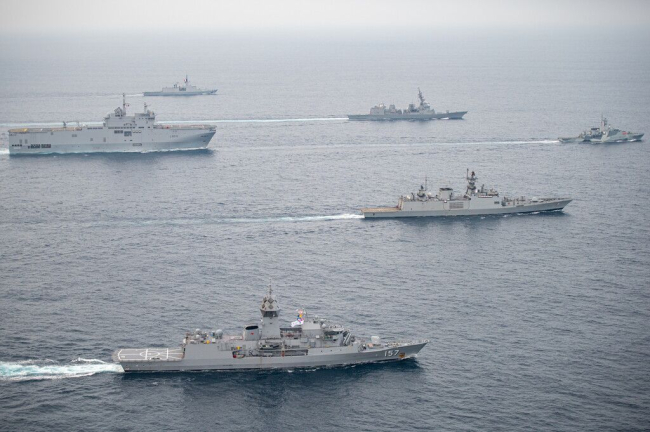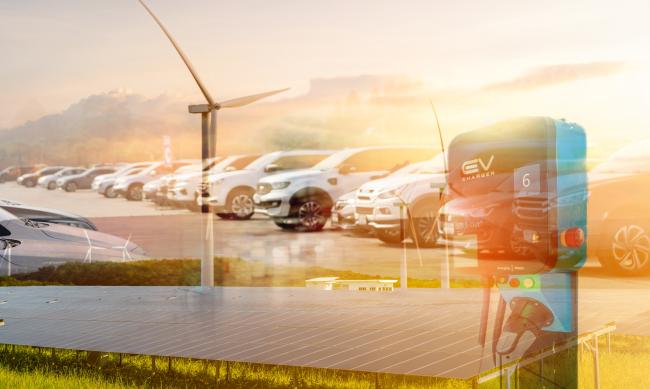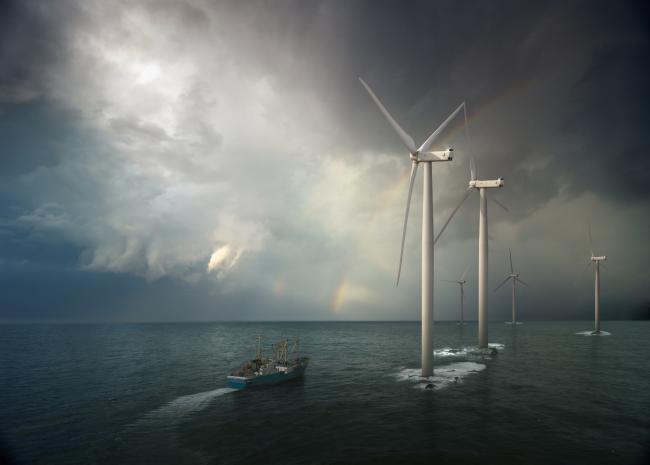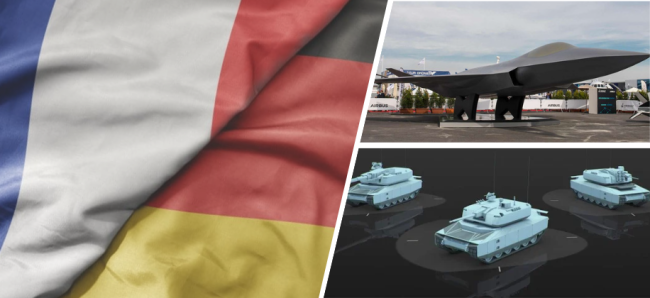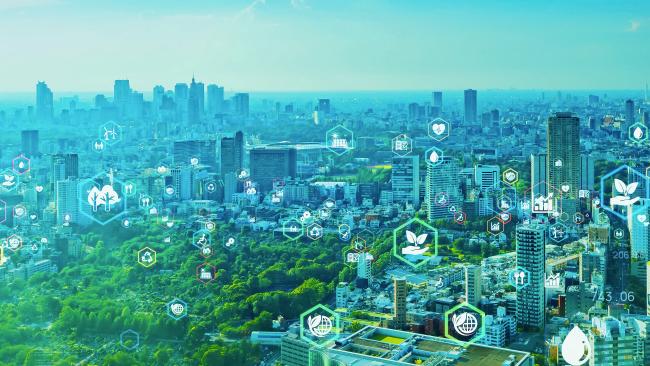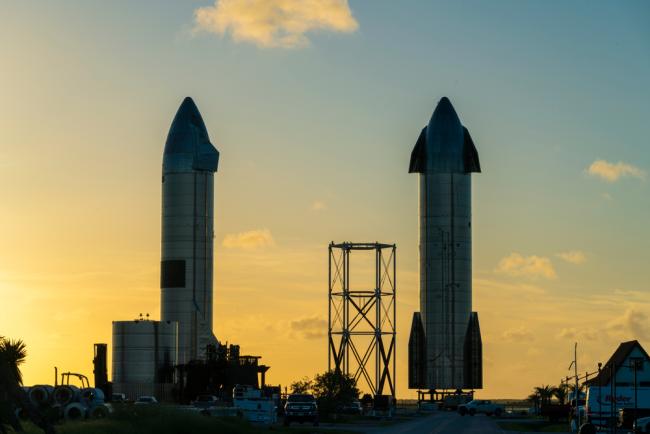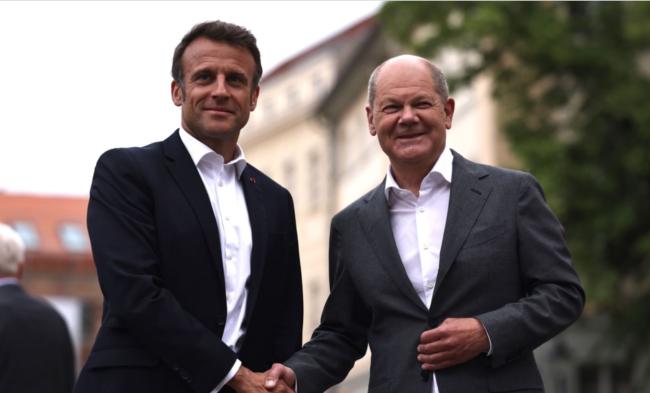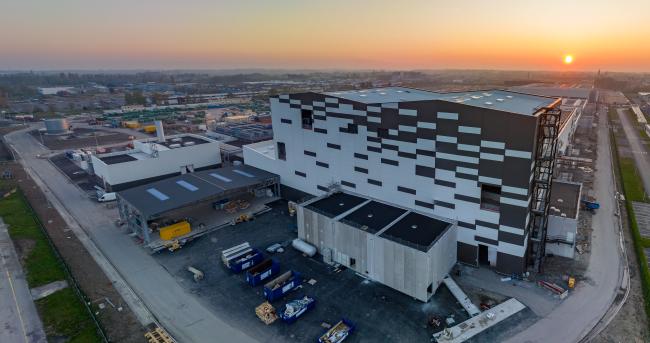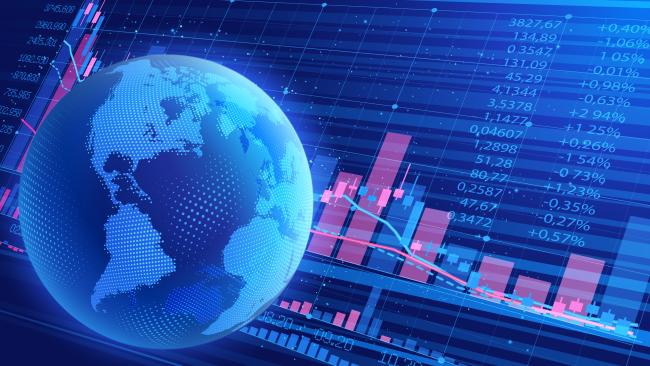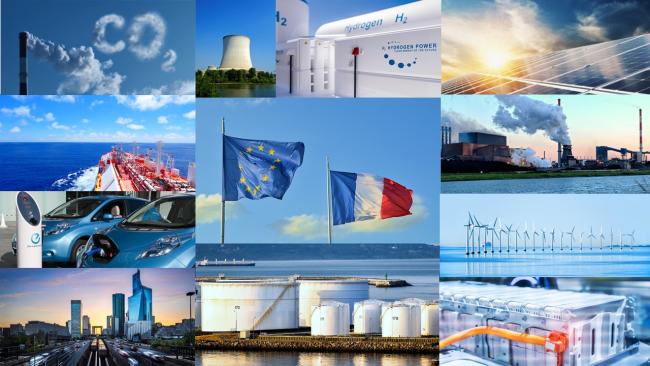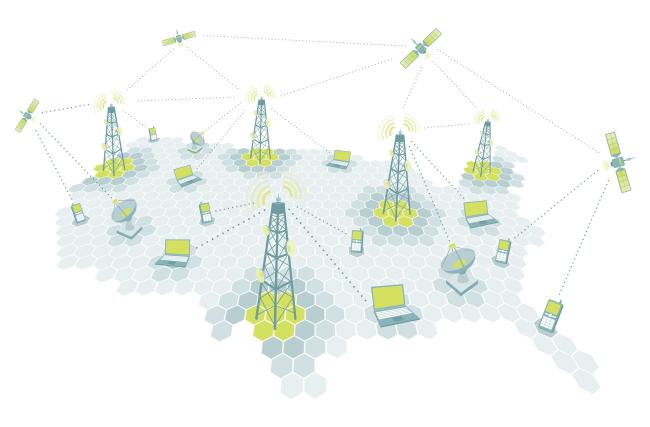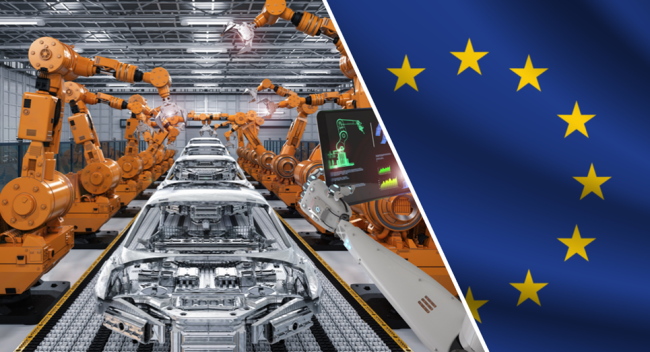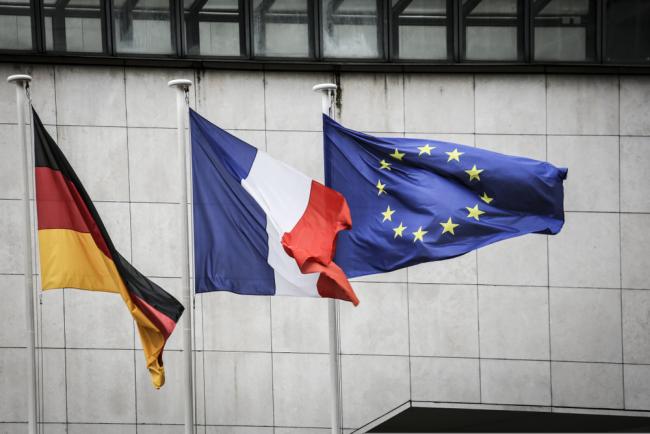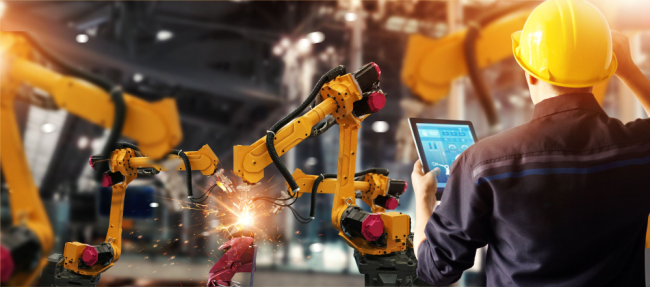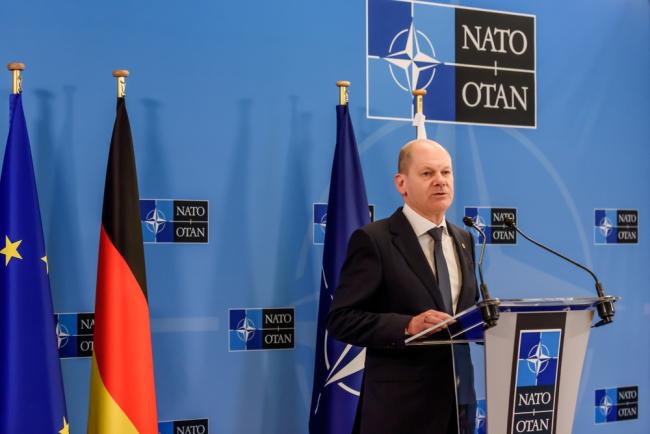Europe Yearns to Be an Indo-Pacific Player
There is a war on at home, but Europe’s strategic and naval aspirations are on the far side of the world. After years in search of a geopolitical identity, Europe is aiming to become a much bigger player in one of the most contentious spaces in international relations: maritime security, including in Asia.
Electric Vehicles: A Strong and Still Understated Performance
Electric vehicles (EVs) are better for the climate – even in worst-case scenarios. Across its life cycle, a typical European electric car produces less greenhouse gas (GHG) and air pollutants or noise than its petrol or diesel equivalent. Emissions are usually higher in the production phase, but these are more than offset over time by lower emissions in the use phase. According to the European Environment Agency’s report on electric vehicles, life cycle GHG emissions of EVs are about 17-30% lower than those of petrol and diesel cars.
How Can the Green Deal Adapt to a Brutal World?
The European Green Deal has not been planned for the current extraordinarily deteriorated internal and external environment. Russia’s war in Ukraine, higher interest rates, inflation, strained public finances, weakened value chains, and lack of crucial skills pose unprecedented challenges.
Climate, Finance, and Geopolitics: Human Self-delusions and the Challenges for Europe
The combination of geopolitical tensions, climate disruption, and the growing role of finance in the economy is taking us into uncharted territory. Until recently, each of these subjects was handled separately, but they are now inextricably linked by two shared characteristics: the gravity of the threat, and the fact that they all lay bare the scale of human self-delusions.
Troubled Twins: The FCAS and MGCS Weapon Systems and Franco-German Co-operation
The FCAS (Future Combat Air System) and the MGCS (Main Ground Combat System) represent the latest chapter in a more than seven decades-long history of Franco-German defense co-operation.
Decarbonizing European Cities: How to Speed Up and Build Synergies?
Cities are on the front line for enabling governments to meet their commitments under the Paris Agreement. Although cities occupy only 2% of the earth’s surface, they are home to between 50 and 60% of the world’s population (70% by 2050 according to the United Nations), account for two-thirds of the world’s energy consumption and emit 80% of CO2. As an example, the CO2 emissions of the city of Berlin are equal to those of Croatia, Jordan or the Dominican Republic. New York’s total annual CO2 emissions are roughly equivalent to those of Bangladesh. Yet their central role not only for adaptation, but also mitigation, has been recognized lately.
2024: A Pivotal Year for the Space Sector?
2024 could be a pivotal year for space exploration. New launchers are set to make their first flight, satellite constellations and other trends promise to redefine the way space is explored and exploited.
New Impulses for Stagnant Relationships - German-French Ministerial Council Meets in a New Format
As the doors of the illustrious Hôtel Beauharnais on Rue de Lille 78 swung open on the evening of 4 October, and the masses streamed into the German Embassy in Paris to celebrate German Unity Day, the reports of the currently strained state of Franco-German relations seemed almost surreal.
How to Meet the Industrial Challenge of Electric Mobility in France and in Europe
The deployment at scale of electric mobility in France and in Europe withholds significant industrial, societal, geopolitical, and financial challenges, against the backdrop of strategic dependencies along the value chain of the electric vehicle (EV).
Impossible Decoupling, Improbable Cooperation: Economic Interdependencies in the Face of Power Rivalries
Export restrictions, economic and financial sanctions, politicization of monetary and financial choices, screening of inward and outward foreign direct investments, exceptional customs duties, and state interventions in sectors deemed strategic: the political vise is tightening around international economic and financial relations.
Neither Surveillance nor Algorithm-driven Consumerism. Toward an Alternative European Model for Smart Cities
Numerous smart city projects are emerging, guided by objectives of efficiency and improvement of public policies. All of them are based on intensive use of data and digital tools, but their concrete achievements take various forms. Some models are being exported and are becoming levers of influence, while Europe is still looking for its own path.
Moving towards a metallic age: building industry resilience through a strategic storage mechanism for Rare Earth Metals
The decarbonisation of our economies, along with the challenges of strengthening the resilience of industrial value chains, reindustrialisation, notably through low-carbon and digital technologies, and the end of a period of cheap oil and gas, are accelerating the advent of an era of increased dependence on metals in a context of new and growing competition for access to resources.
Accelerating the energy transition in France: drawing inspiration from best practice in our European neighbours
The success of energy transition is first and foremost a question of good governance, which must be based on expertise and collective deliberation.
A Green-Blue Alliance in Motion: Pacific Island Countries and Europe Fighting Climate Change
The Pacific Islands Countries (PICs) were the first to ratify the Paris climate agreement in 2015. Indeed, for them, climate change has had very concrete implications for years. Islanders have seen the sea level rising, endangering the very existence of atolls. They have also experienced increasingly violent cyclones and other natural disasters, and must deal with multiple impacts of a changing climate on their everyday lives
“Open” Telecom Networks (Open RAN): Towards a Reconfiguration of International Competition in 5G?
In line with the anti-Huawei diplomatic campaign of the Trump and Biden administrations, the United States has promoted an alternative: Open RAN, a concept defined by "open" network architectures. At the intersection of 5G geopolitics and standards, what risks and opportunities does Open RAN present for European technological sovereignty?
The European Union Industrial Strategy: Reconciling Competition and Geoeconomic Challenges
The EU’s basic assumptions, on which it grounds its economic and trade power, are being steadily cast into doubt. The EU’s main trade partners, the US and China, increasingly set their sights on securing their supply chains, which may further a potential decoupling.
More Europe in the face of realpolitik’s return? French perspectives on 30 years of German reunification
The current geopolitical situation has disrupted the European and global order, which were both consolidated in the 1990s and have been key factors in the modern German model. The Franco-German duo is currently facing new challenges and it will have to respond appropriately in a time when the EU’s global influence is shrinking in the face of what some analysts call a “new Cold War”.
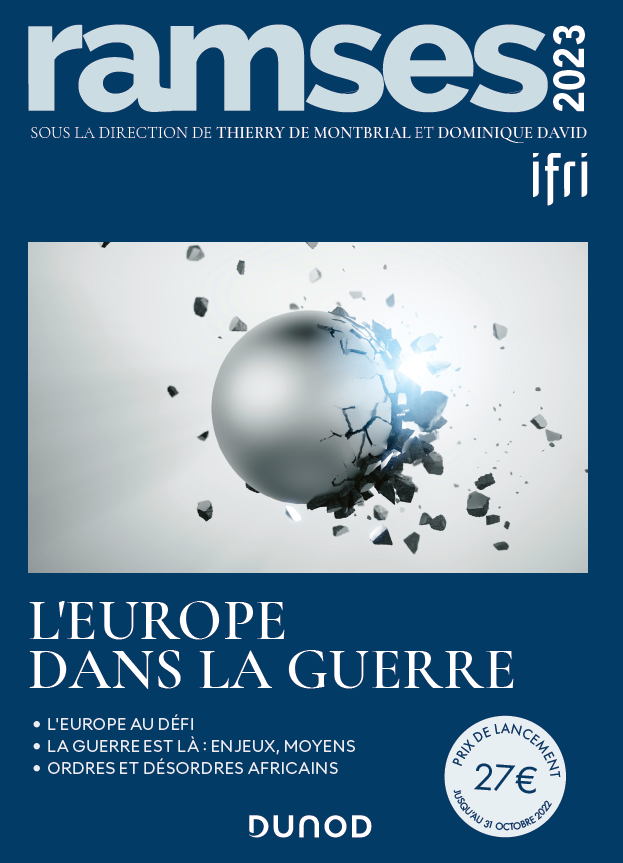
RAMSES 2023. Europe at War
For its 41st edition, RAMSES 2023. Europe at War, written by Ifri's research team and external experts, offers an in-depth and up-to-date analysis of geopolitics in today’s world.
Reindustrializing France: Challenges of the Digital and Environmental Transformation
To succeed in the challenge of reindustrializing France, French and European companies must undertake a dual process of digital and environmental transformation, in a context of international competition.
Germany, the “Zeitenwende” and the Future of NATO
Support independent French research
Ifri, a foundation recognized as being of public utility, relies largely on private donors – companies and individuals – to guarantee its sustainability and intellectual independence. Through their funding, donors help maintain the Institute's position among the world's leading think tanks. By benefiting from an internationally recognized network and expertise, donors refine their understanding of geopolitical risk and its consequences on global politics and the economy. In 2024, Ifri will support more than 70 French and foreign companies and organizations.











